Republicans Face Harsh Criticism After Proposed $30 Billion Reduction in SNAP Benefits
Republican Representative Glenn “GT” Thompson, chair of the House Committee on Agriculture that oversees the Supplemental Nutrition Assistance Program (SNAP), is facing massive backlash.
The representative from Pennsylvania suggested massive budget cuts to the SNAP program that will have detrimental effects for Americans who receive the food benefits.
Details of the Budget Cuts
Thompson drafted a new Farm Bill that outlines U.S. food and agriculture policy, including a change in popular supplemental food benefits.

Source: Freepik
The proposal would cut SNAP benefits by $30 billion over 10 years. It seeks to change the spending structure by preventing the U.S. Department of Agriculture (USDA) from changing the price of the Thrifty Food Plan. The plan also determines how much money could be released to residents through the SNAP program each year.
Opponents of the Program Highlight Issues
Critics of the new plan say that the amounts cut will prevent hungry families from affording essential items in the home. Reducing benefits would also prevent families from affording fresh, healthy food, which often costs more than pre-packaged and highly processed alternatives.
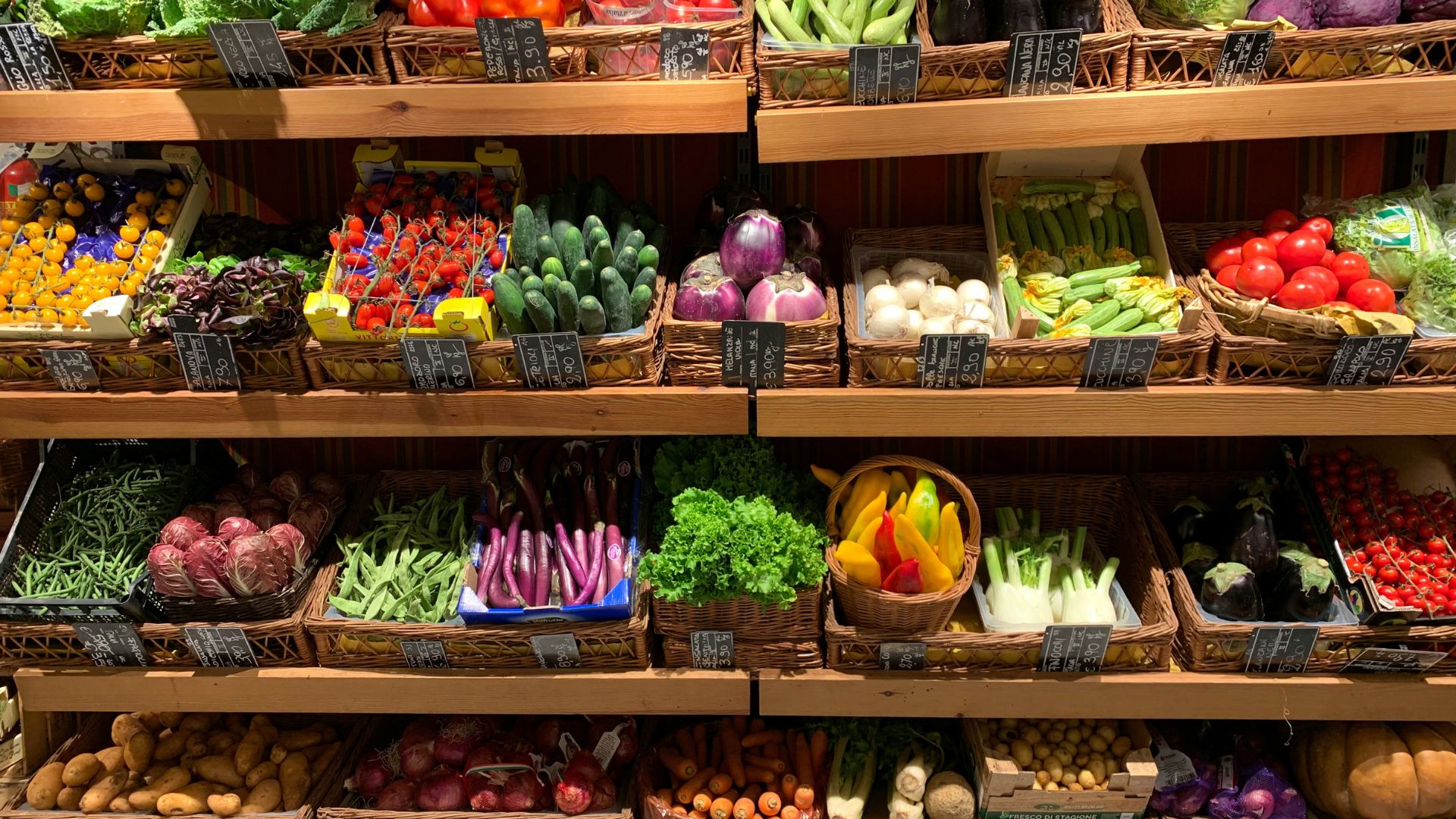
Source: Raul Gonzalez/Unsplash
The USDA restrictions would force users of the SNAP program to shift their eating habits. In America, obesity is considered an epidemic, and giving families in need less funds and resources to eat healthy would contribute to the growing problem.
Thompson Doubles Down on Cuts
When asked about the issues posed by a massive reduction in funding, Thompson told Newsweek, “They’re being disingenuous, they’re being misleading, and maybe some of them— there are some I think that started this—that are perhaps lying for political purposes, which is really shocking when it comes to the Agriculture Committee.”
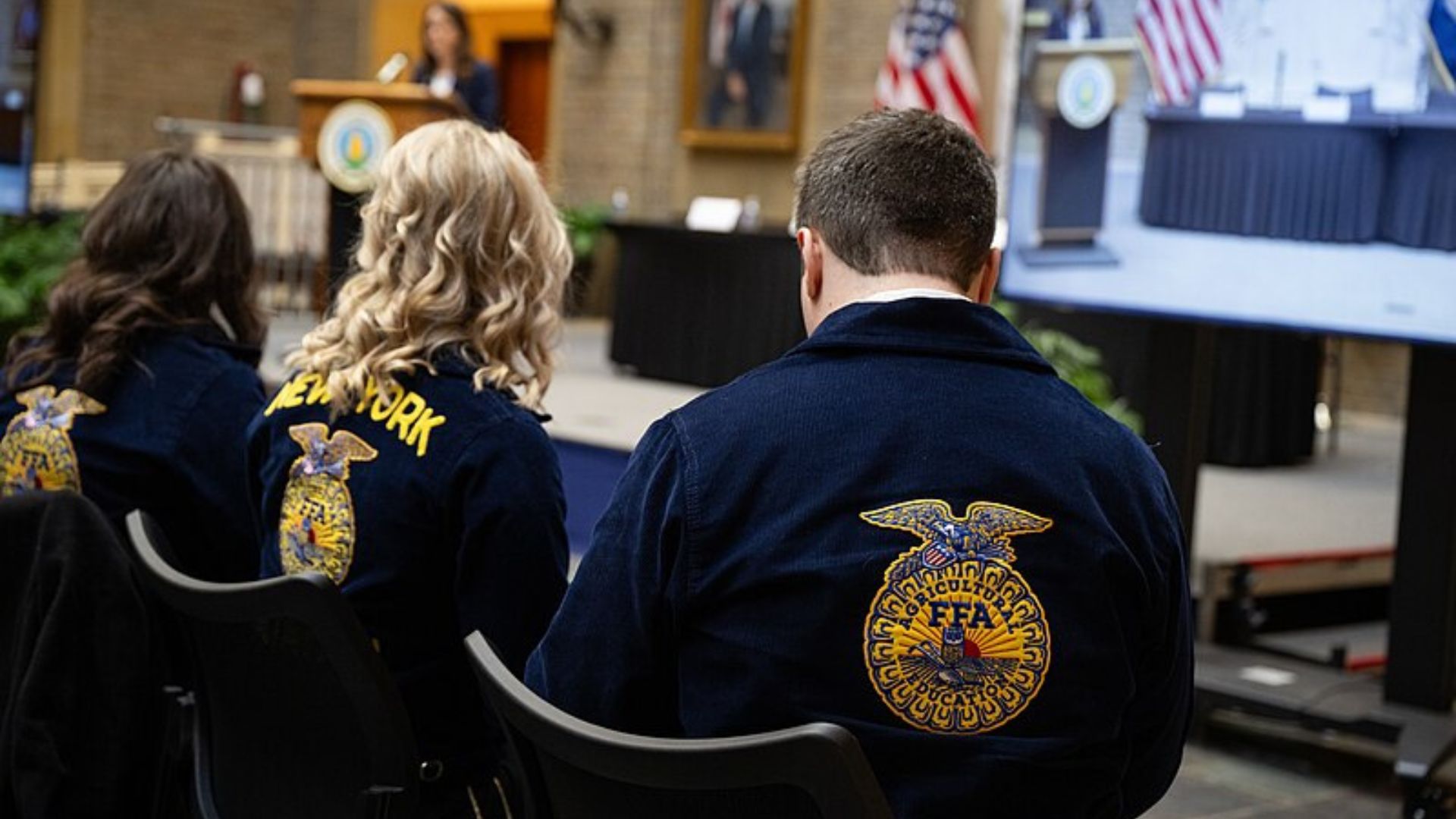
Source: USDAgov/Wikipedia Commons
He went on to state that cuts need to be made to social services to save funds. He also considers the changes an important review of the USDA.
Democratic Opponents Say: Not So Fast
Senator Debbie Stabenow (MI-D), chair of the Senate Committee on Agriculture, Nutrition, and Forestry, had some strong words for the Republican this week. She specifically rejects the idea of making budget cuts by altering the SNAP program.

Source: @SenStabenow/X
She noted that seniors and families with children will feel the brunt of the change. Those who participate in the program are in need of additional financial assistance to feed themselves. SNAP benefits only allow someone to purchase fresh and canned fruits and vegetables, meat, bread and grains, and select snack foods.
Drastic Changes for Individuals on SNAP
In an interview, Stabenow noted that SNAP recipients currently receive a mere $6.00 daily. The funds are often just enough to add a few staples and to ensure that their nutritional needs are being met.
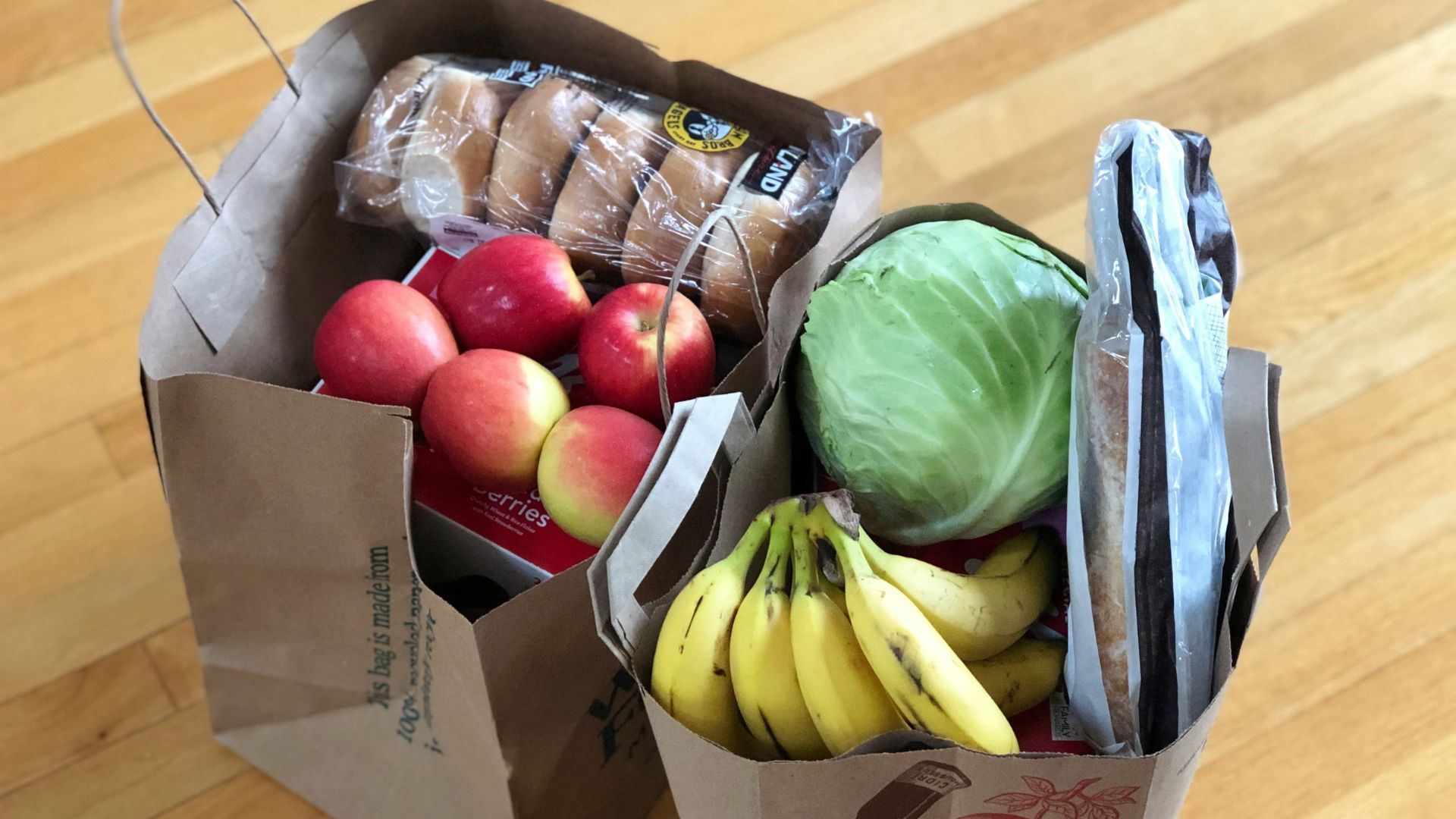
Source: Maria Lin Kim/Unsplash
Under the new proposal, that number would be whittled down to $1.50 a week. The massive cuts would have detrimental effects on those who rely on the program to feed themselves and their families.
Food and Politics Are Tightly Intertwined
The discussions and disagreements around food have often informed the policies created by the House Agriculture Committee.

Source: Mango Star Studio/Getty Images
Stabenow noted that the politics that inform nutrition in America are often prescribed by bills and legislation. What is allowed on grocery shelves is informed by the laws passed and the ability of certain policymakers to be informed by lobbyists.
Thrifty Food Plan Recently Updated to Benefit Americans
In 2021, the House Committee agreed to new terms for updating the Thrifty Food Plan for the first time in decades. The plan maps out the cost of a healthy diet across varied price points. The changes allowed those on benefits more buying power on healthy items in grocery stores to account for the lowest cost of healthy groceries per month.

Source: Wikimedia Commons
The directive overhauled the original plan created in the 1960s. Under the new program, SNAP recipients were given an extra $36 monthly to spend on their grocery bills.
How Many People Use the Benefits?
Each month, more than 41.2 million Americans participate in the SNAP program. The average amount received is roughly $230.88 as of 2022.

Source: jimmy Dean/Unsplash
Federal SNAP spending amounted to more than $119.5 billion and accounted for 65% of the USDA nutrition assistance spending. The large number directly reflects the amount of seniors, individuals, and families who have issues making ends meat each month.
Thompson Looks Forward To Backing up His Bill
Rep. Thompson noted that his “friend” Stabenow “needs to be focused on the Senate and spend less time talking about the House” in response to her comments about the proposed budget cuts.
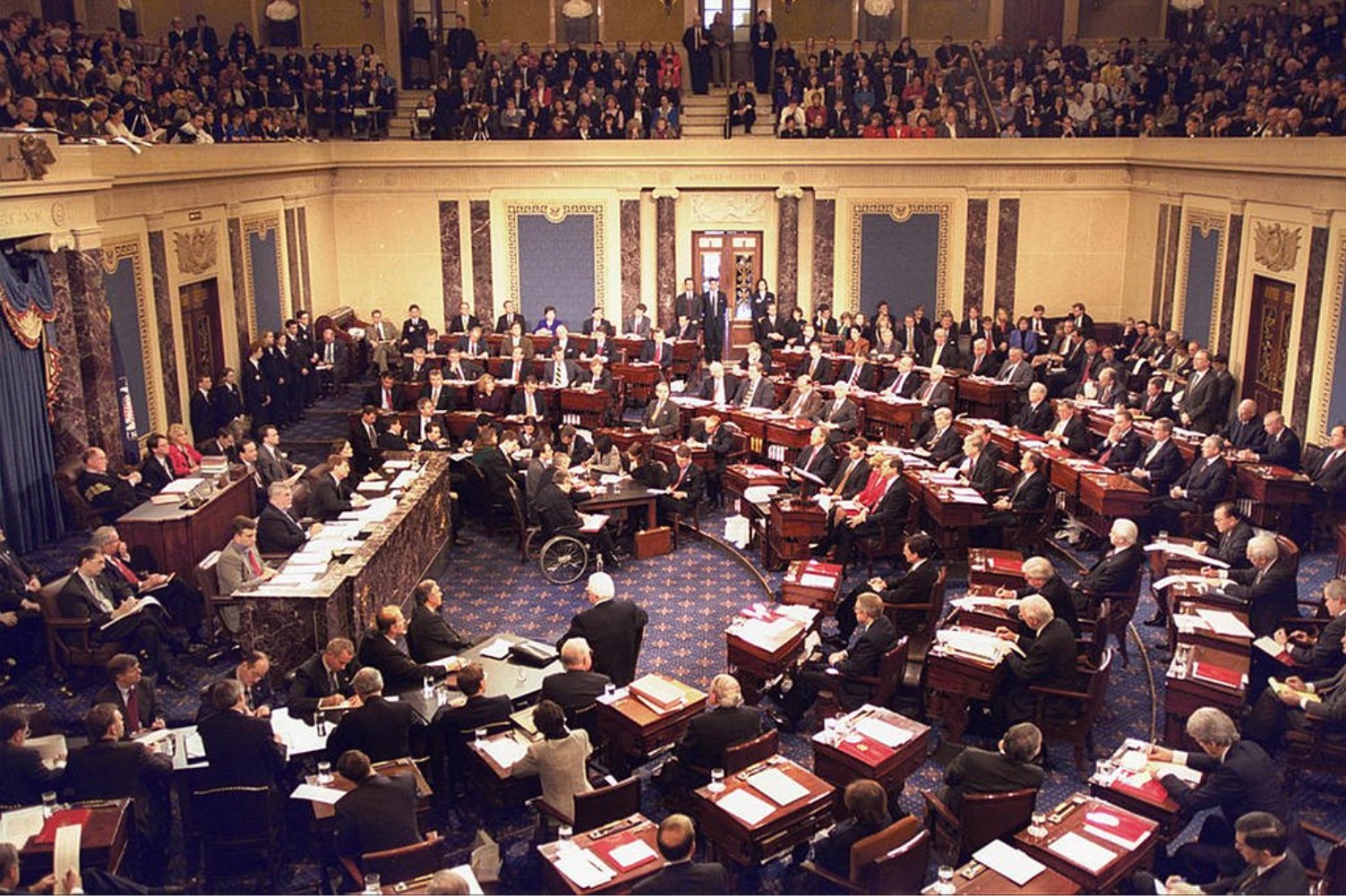
Source: Wikimedia
He believes that the disagreements over the SNAP spending will make it to the House and Senate so that he can back up his proposal in front of a crowd.
Stabenow Accuses Republicans of Hypocrisy
The Republican platform has often attempted to appeal to low-income and rural Americans who struggle to afford everyday items like gas, groceries, and rent.
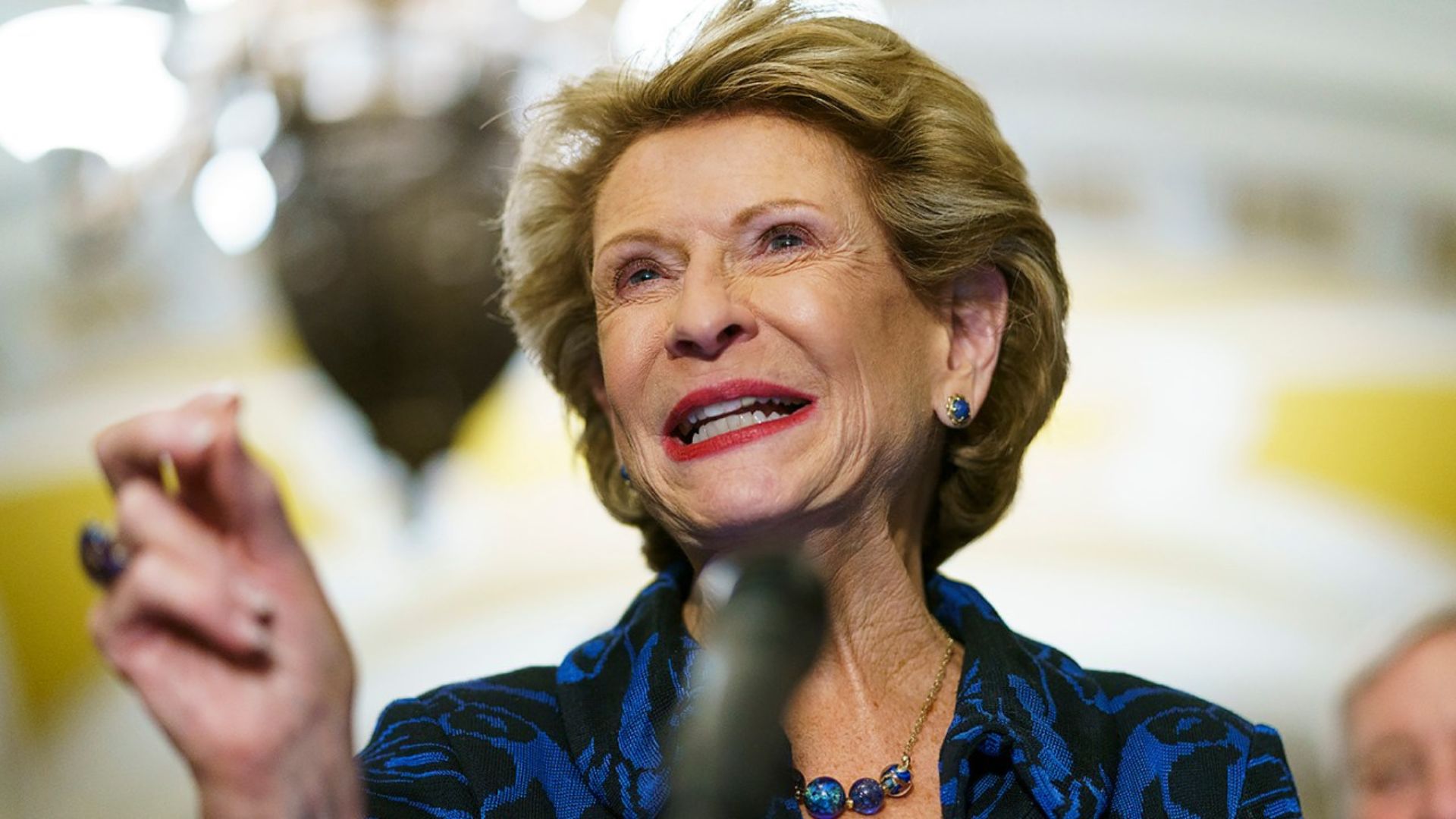
Source: @thehill/X
Stabenow questioned their loyalty to their constituents by calling out the supposed hypocrisy of standing for a more affordable America while cutting essential benefits. She believes that the plan will fail to receive the votes to pass through the Senate.
With food uncertainty on the rise, many lawmakers have discussed expanding the reach of SNAP benefits instead of shrinking them. More than 17 million families suffer from food insecurity in the United States. A lack of healthy and nutritious foods can have lasting health effects on child development,

Source: Providence Doucet/Unsplash
If Thompson’s plans go through, the average household would receive no more than $7 per month in 2033 to feed their entire family, a number that many people would have trouble living off for just one day.
